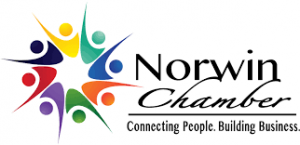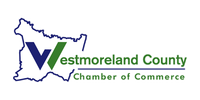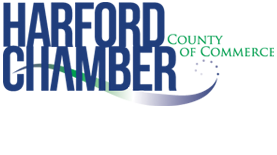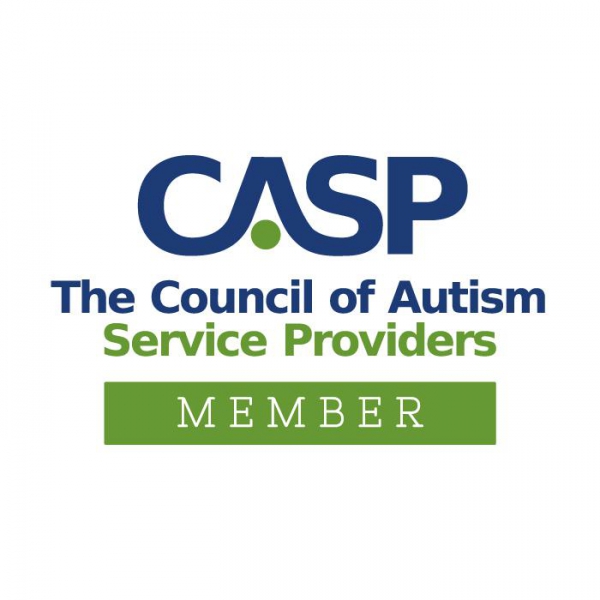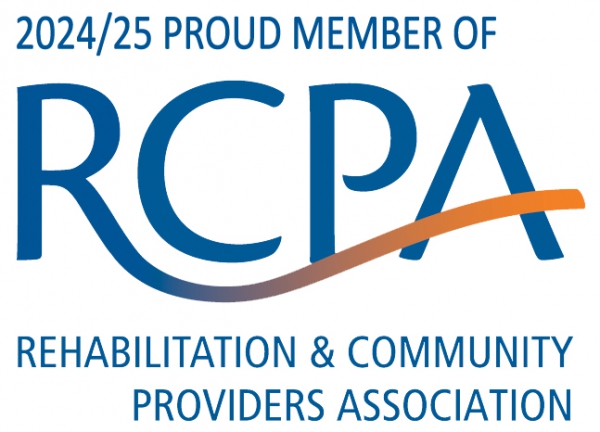Speech and Language Pathology
What are speech-language pathologists?
Speech-language pathologists, also called SLPs, are experts in communication and swallowing. They work with all ages and populations who have speech sound, language, social communication, voice, fluency, and swallowing disorders.
How can speech and language therapy help my child?
SLPs can help your child understand and process information he or she receives from others (receptive language), share information and make requests (expressive language), increase cognitive function, produce speech sounds (articulation), decrease disfluencies, increase voice quality, better his or her social interactions, and/or aid in swallowing function. Why would an adult benefit from speech and language therapy?
Why would an adult benefit from speech and language therapy?
Speech and language therapy can help an individual enhance his or her speaking, nonspeaking, and social communication skills at home, in school, at work, and in the community. These skills include understanding and processing information received from others (receptive language), sharing information and making requests (expressive language), increasing cognitive function, producing speech sounds (articulation), decreasing disfluencies, improving voice quality, improving social interactions, and/or aiding in swallowing function.
Who is a part of the speech and language team?
There are many other members to the speech and language team than just the client and the SLP. Parents, caregivers, ear, nose, and throat doctors, primary care physicians, audiologists, teachers, dieticians, nutritionists, psychologists, physical therapists, occupational therapists, and rehabilitation counselors can all work together to help the client achieve his or her speech and language goals.
Why was my loved one referred to a speech-language pathologist?
Someone may be referred to a speech and language pathologist for an evaluation if he or she demonstrates:
- difficulty producing sounds in words
- with unclear speech, especially with unknown communication partners
- difficulty following directions
- with a stutter
- difficulty combining words to make phrases or sentences at an age-appropriate level
- difficulty with answering questions appropriately
- with a raspy or hoarse voice
A speech and language evaluation will determine strengths and weaknesses. The SLP will make a recommendation for speech and language therapy based on observations in addition to evaluation results.
More information about speech-language pathology can be found on the American Speech-Language-Hearing Association (ASHA) website.
What is AAC?
AAC is the acronym for augmentative and alternative communication. As per the American Speech-Language-Hearing Association (ASHA), “AAC is an area of clinical practice that supplements or compensates for impairments in speech-language production and/or comprehension, including spoken and written modes of communication.” Speech generating devices, picture communication boards, and sign language are some examples of augmentative and alternative communication. An SLP can help an individual communicate more quickly and effectively via AAC.
How do we get started?
If you are interested in receiving speech and language therapy at Achieving True Self’s Center for Achievement in Irwin, Pennsylvania, please make an inquiry or referral today! Please note, this is the only location that speech and language therapy is available at this time, and that we do not currently offer feeding and swallowing therapy.



